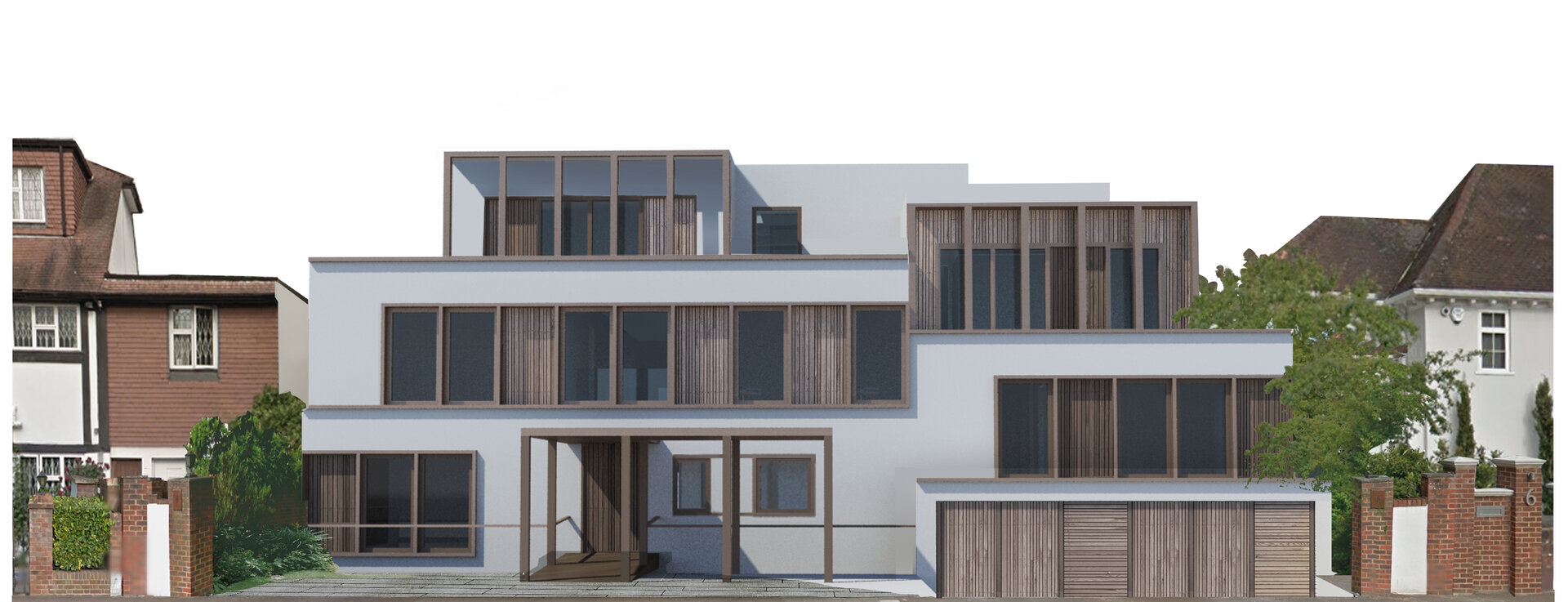West London Planning applications
West London Planning applications
Whatever sort of building project you are considering getting involved with, WEA planning can help you take through the application process. Planning applications generally can be divided into three major subdivisions. Please see our respective pages for the following:
- Change of use – this typically covers planning applications where there are no substantial changes to the exterior of the building, but the usage class changes, for example a house is converted into a commercial property or a shop is converted into a restaurant. Change of use planning applications are necessary because of the external impact that the change of use causes, even if the building remains unaltered. For example, change of use from a shop to a restaurant has impact in terms of traffic and parking patterns, whilst neighbours are also likely to be concerned about noise and fumes.
- Extensions and alterations – this can be the most complex area of the planning process, because small alterations and extensions might be covered under permitted development rights, whereas other schemes can be covered by prior notification. Larger extensions and alterations, or alterations within conservation areas or other sensitive locations are more likely to require a full planning application – please see our extensions and alterations page for further information, or contact us if you would like advice.
- New build – new build schemes are more likely to require a full planning application, although this process can be massively streamlined if the plot already has outline planning permission, and it therefore only requires a reserved matters submission.
Planning committee representations in West London
The vast majority of planning applications are dealt with by local planning officers using what are known as delegated powers. This helps the planning application process run smoothly, because most schemes are relatively uncontentious, or at least if they do generate opposition, this is often restricted to the concerns of local neighbours. Typically, around 85% of planning applications in West London are dealt with by planning officers, and as a general rule, smaller planning schemes are more likely to remain delegated, although this is by no means always the case.
There are two key routes which a planning application might take in order to end up in front of the planning committee. The first route is generally reserved for larger planning schemes, which are designated to go before the committee from the moment they are accepted for consultation. The second route is for a planning application to be brought before the committee because it has a large number of objections from neighbours or other concerned individuals or groups. Every local authority has its own scheme of delegation for determining how many objections are needed in order for a scheme to go to the planning committee. Additionally, a planning scheme can usually be brought before the planning committee if a local councillor or MP raises an objection.
Typically, objections will need to be "unresolved" to go to the planning committee – for example, if an application for change of use to a restaurant leads to concerns about late-night noise, and the opening hours are restricted to 10 PM, then this would be deemed to resolve that objection.
In the event that your planning application is brought before your local planning committee, then William can use his extensive planning experience to support your application and to ensure that any concerns raised by neighbours are suitably covered. Typically, objectors who have registered to speak at the planning committee will have 3 minutes each, and the applicant then has the same amount of time taken up by all of the objectors to respond. William has a successful track record of speaking at planning committees in Ealing, Richmond, Brent and other London boroughs, and of ensuring that his responses are concise and in line with local development policies.
If you are objecting to a local planning application, then William can also arrange to speak on your behalf, ensuring that valid points of objection raised in accordance with local development policies. William has spent more than a decade living in West London, including time spent in the boroughs of Camden and Merton. He currently lives in Ealing.

